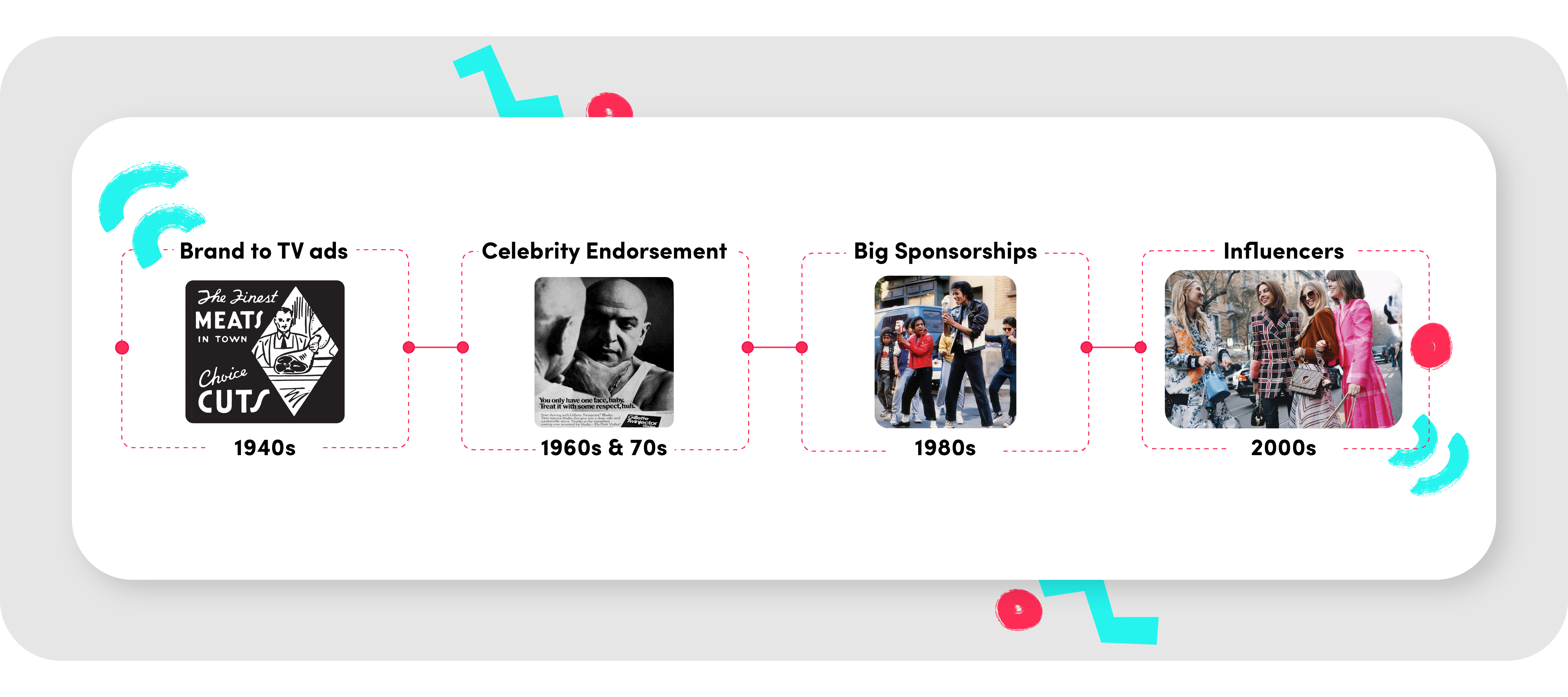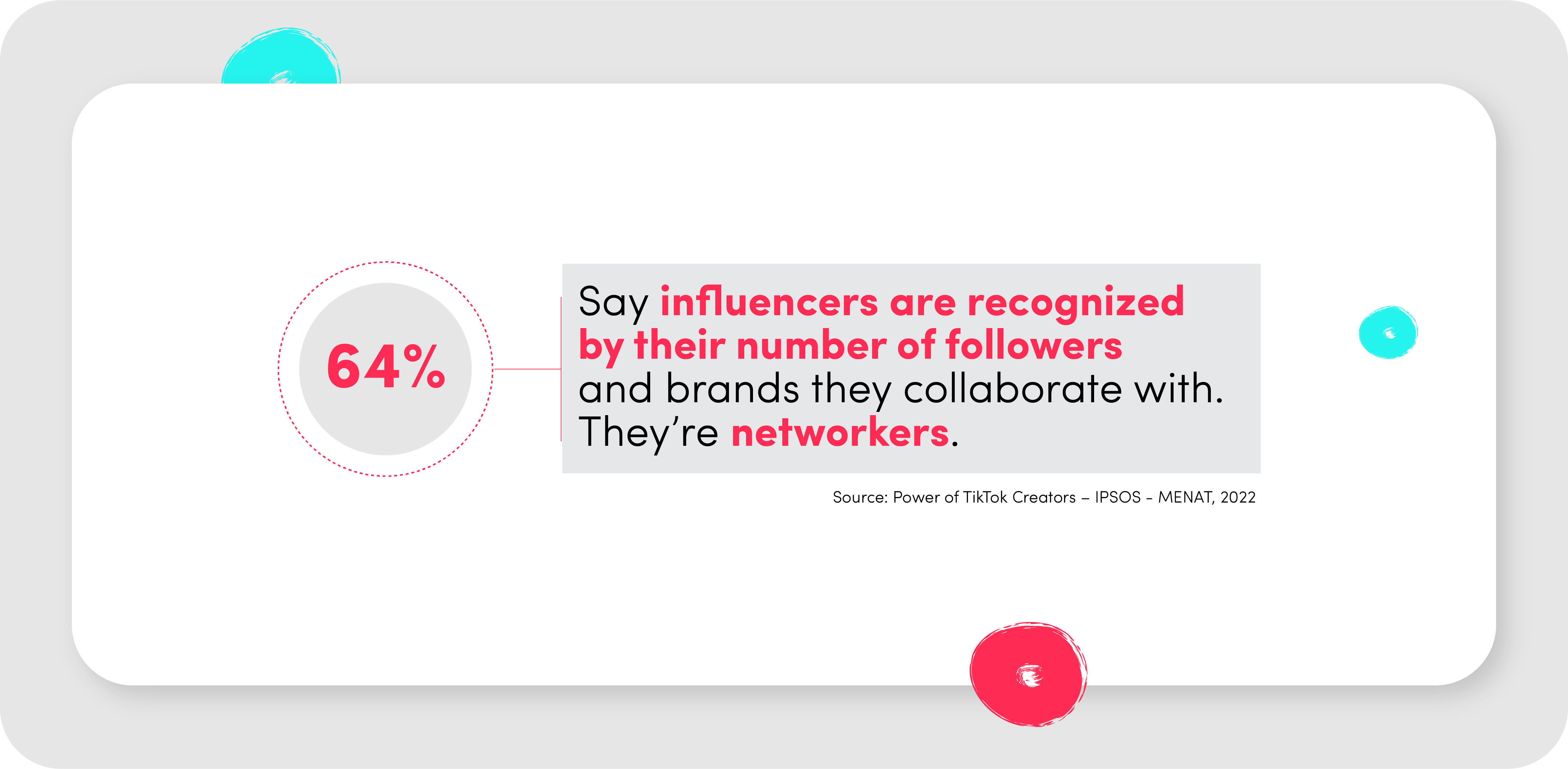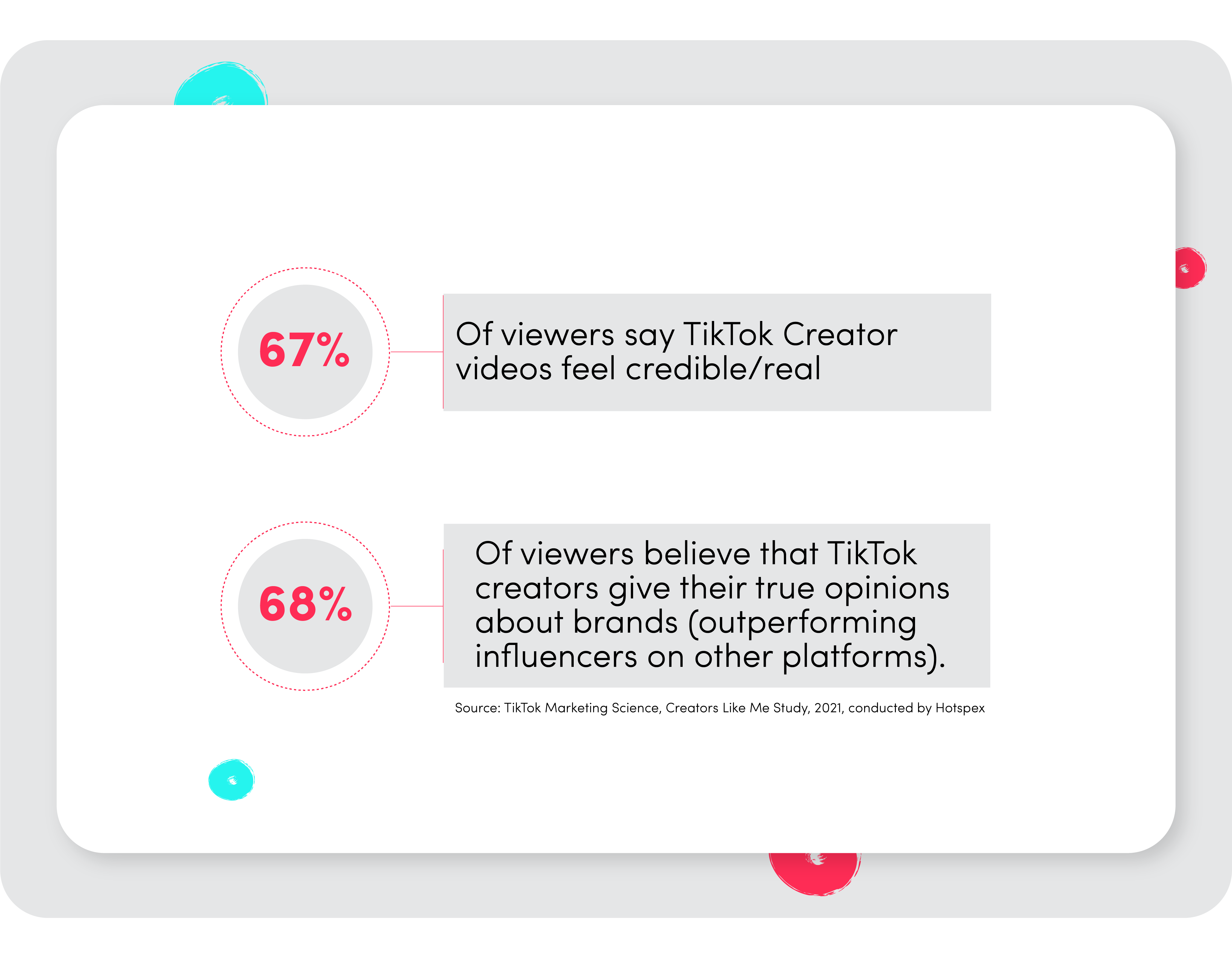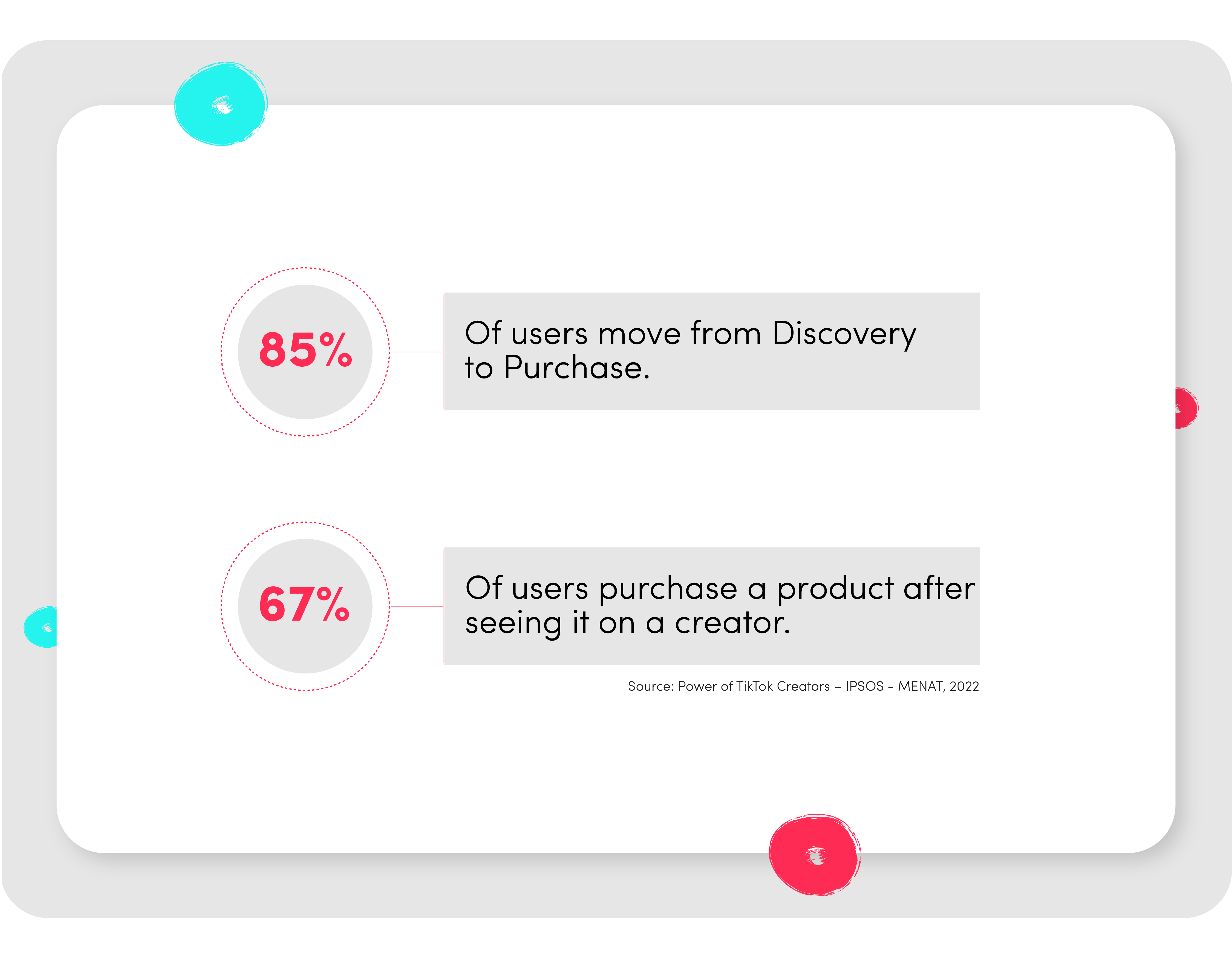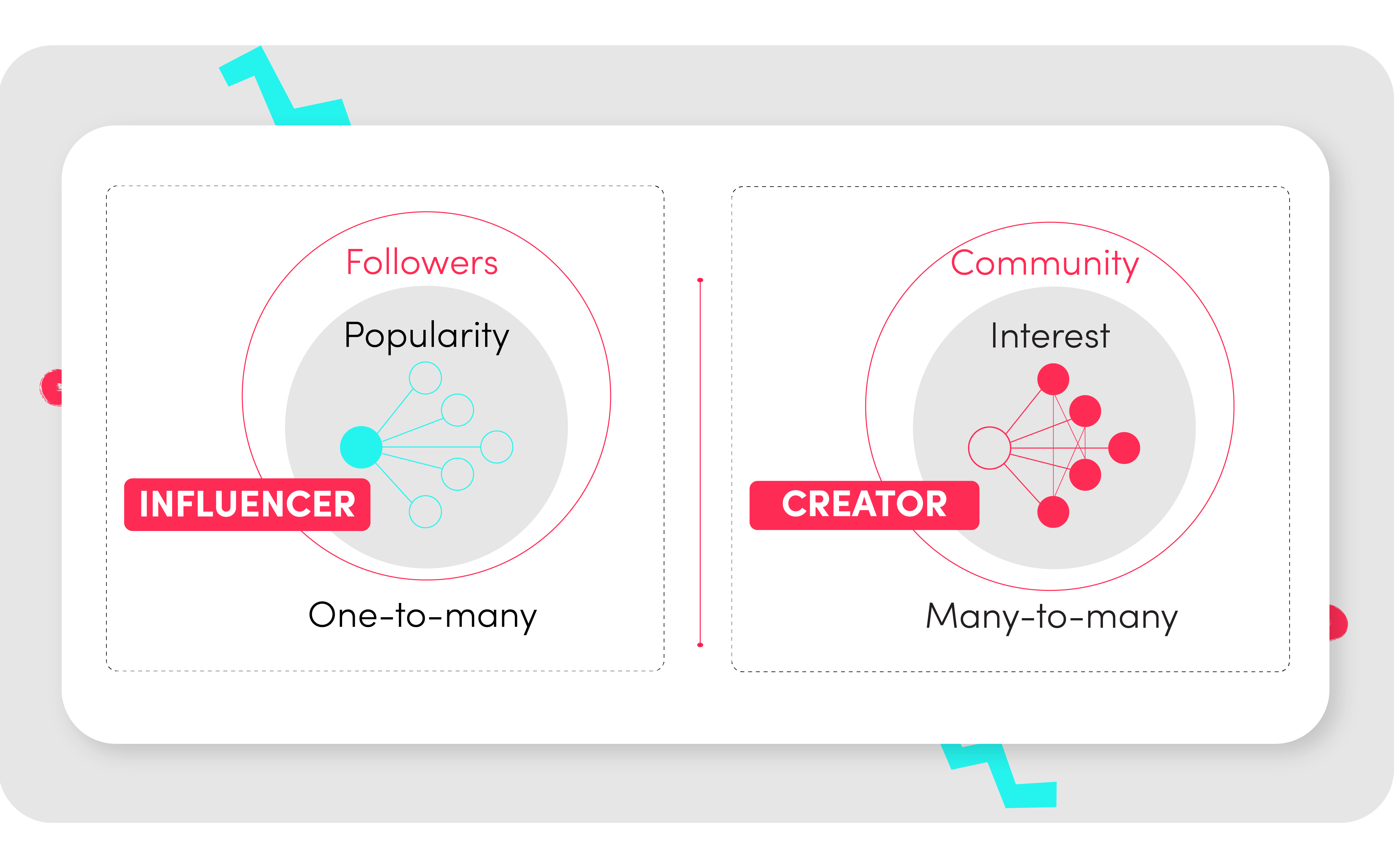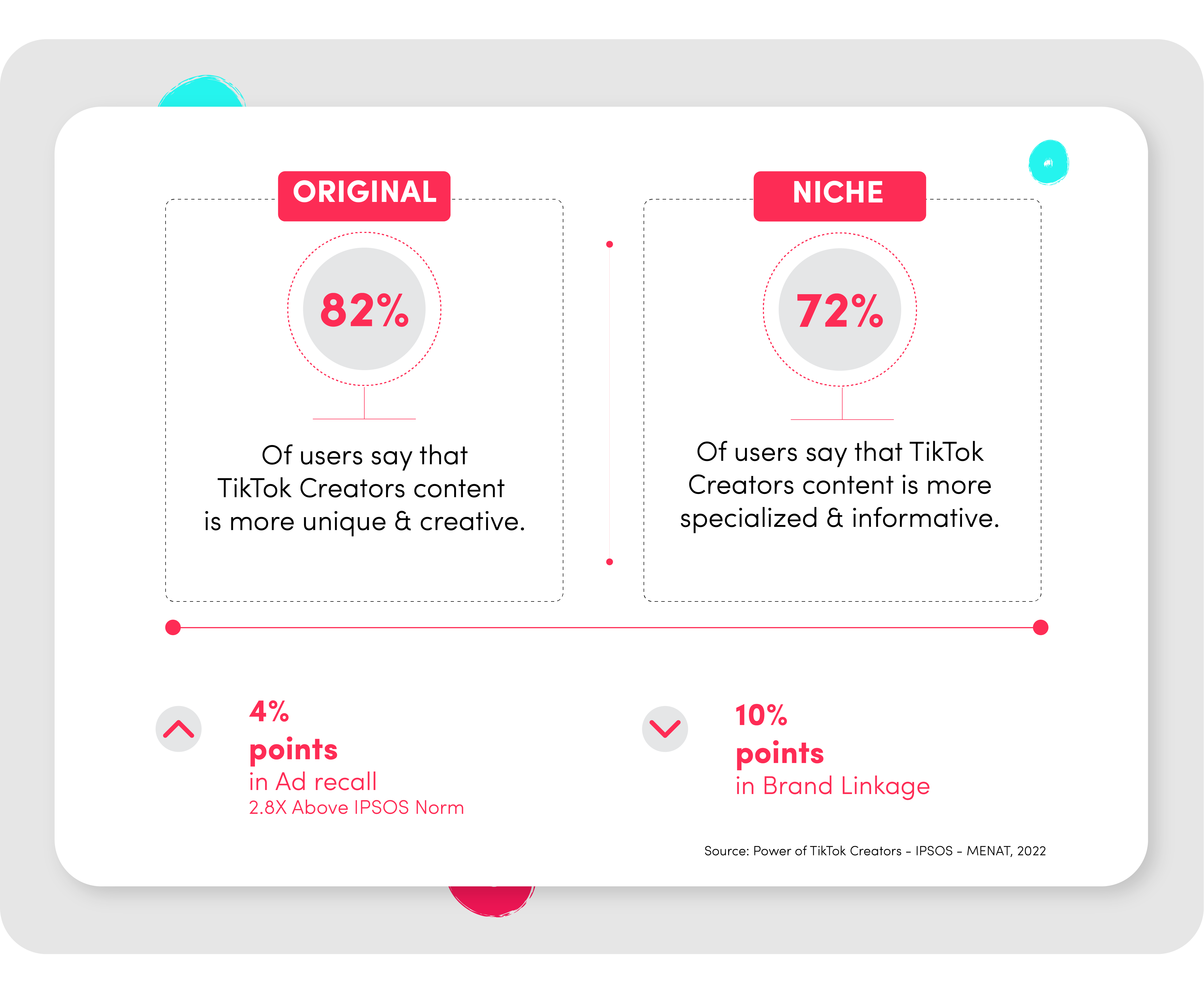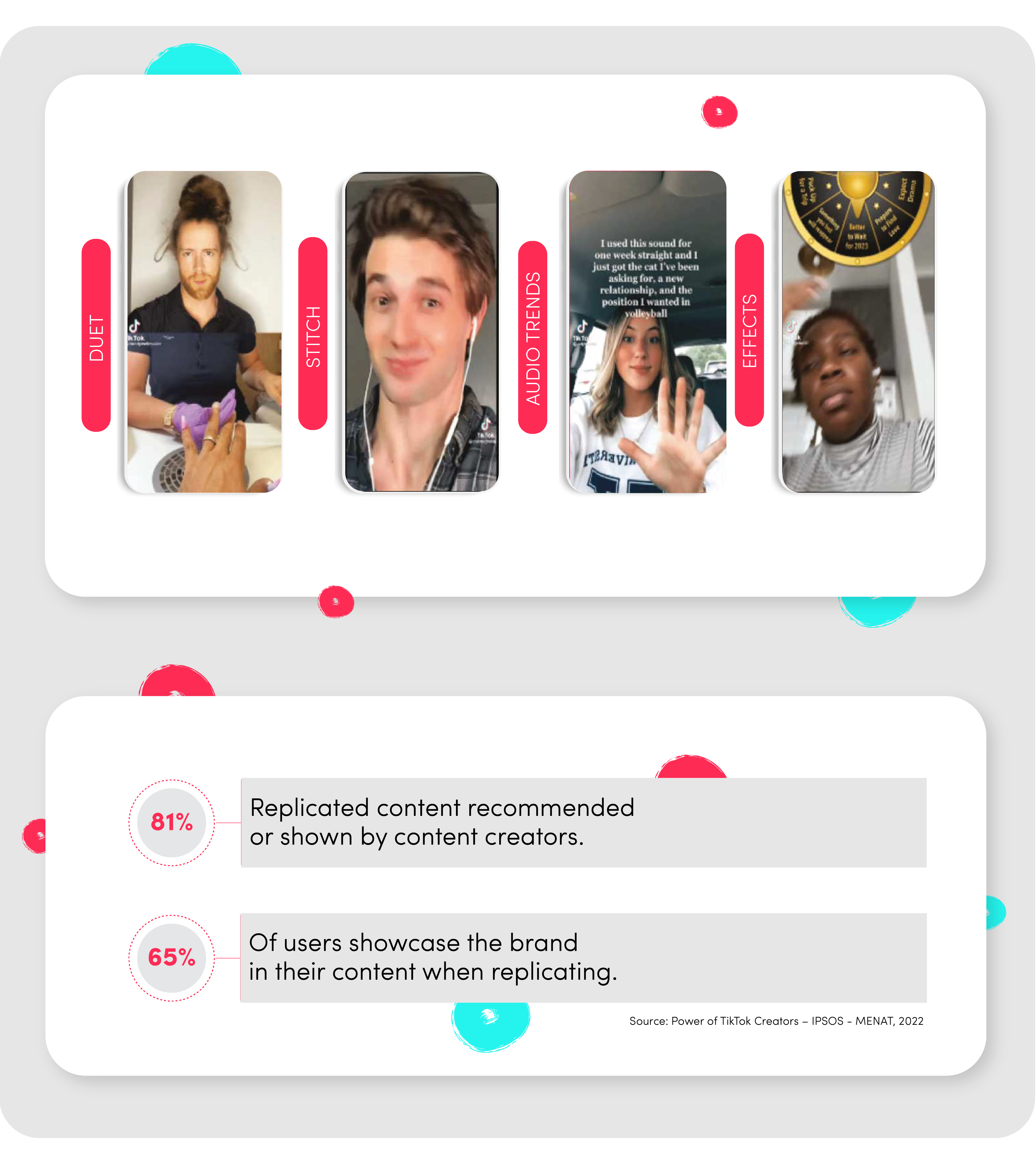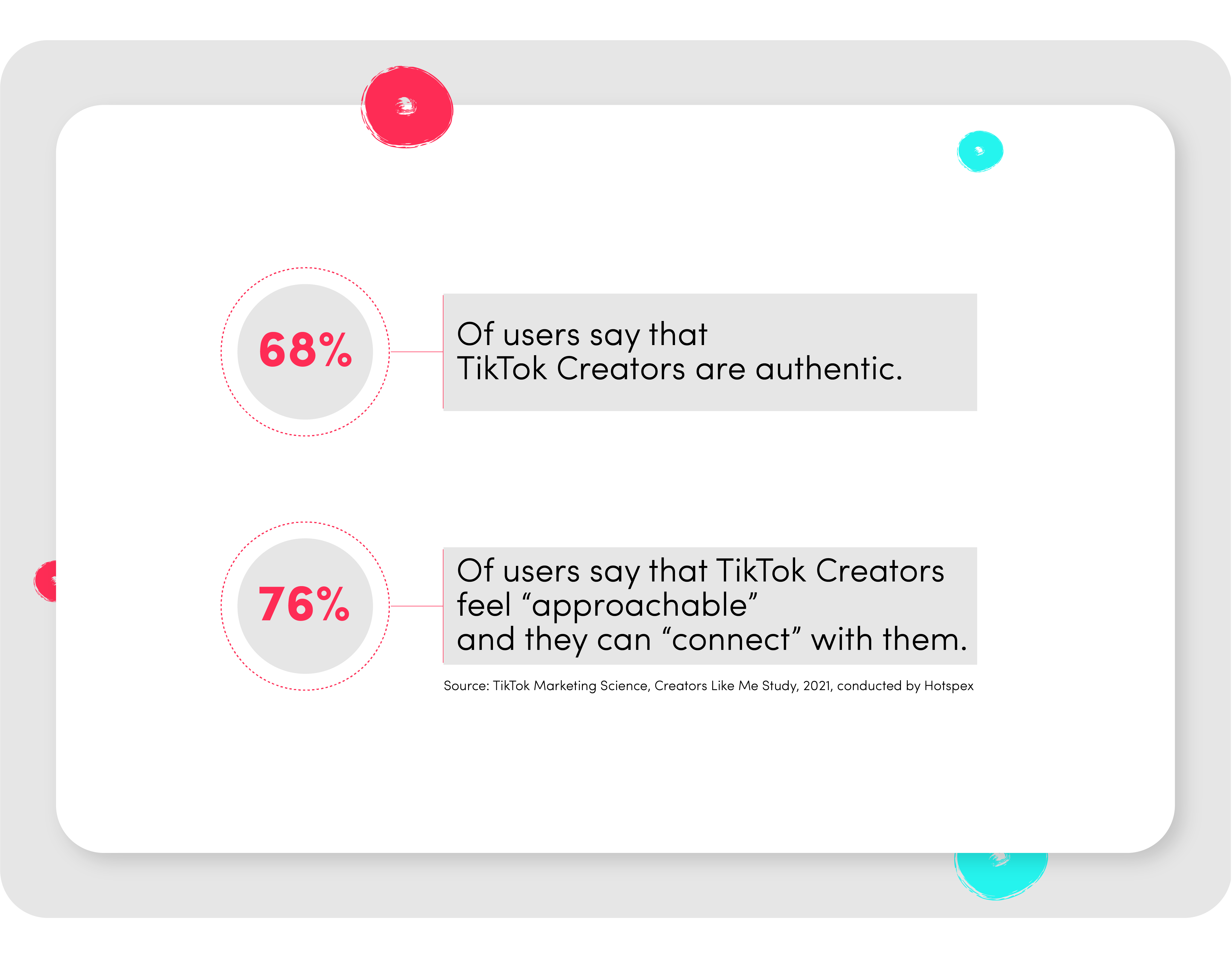But if you think about it, throughout all those years, there has been a common thread; the type of influence deployed was always associated with 'popularity' and status.
It was always about the name and fame you brought to the table. Which celebrity will endorse our brand? Which face do we want our brand to be associated with?
Social media played a huge role in developing modern influencer culture and accelerated our use of the word 'influencer'. It levelled the playing field and created new possibilities for who can be influential.
So it was no longer just about the athletes, celebrities, musicians, actors or fashion designers – we saw the rise of bloggers, home cooks and full-time vacationers. But, we were still playing the 'popularity' game because who are we kidding… we love mom and her 39 followers love her too, but a fashionista with 10,000 followers is gonna rack up numbers even mom's secret recipe can't.
Your social capital came from connections. The larger your network of followers, the more people you reach, the more popular you become and the more likely it was that you would become the future face of a brand.
Is it fair to say the influence game has not drastically changed over the last 100 years? Probably not. But let's say this (and to keep with the playing field talk) we are living in the age of an entirely new ball game. It's no longer about how well you network, how many followers you reach and the status you are rewarded. Popularity is no longer a driver of influence. Expertise is.
Firstly, let's just agree that expertise is a term that lives within a universe of related words which include: skill, talent, knowledge, information, speciality and passion. And there is no better place for expertise to have real influence than on a platform based on interest.
TikTok brought with it an entirely different digital ecosystem. Content is disseminated based on your interest – not on an influencer's status and reach. It's within this digital ecosystem that Creators were born. It's within this inclusive culture of influence that Creators asked – what expertise could I disseminate and bring to the table?
That question paved the way for 5 essential learnings that brands can leverage.
